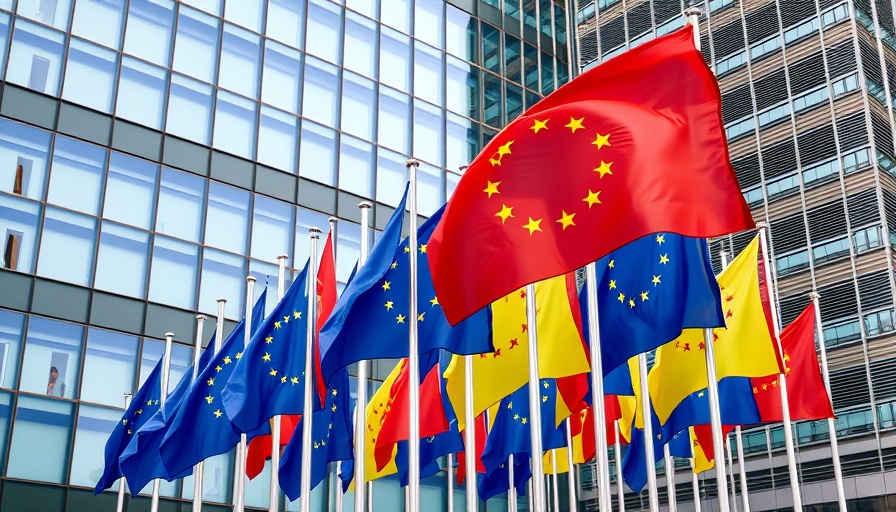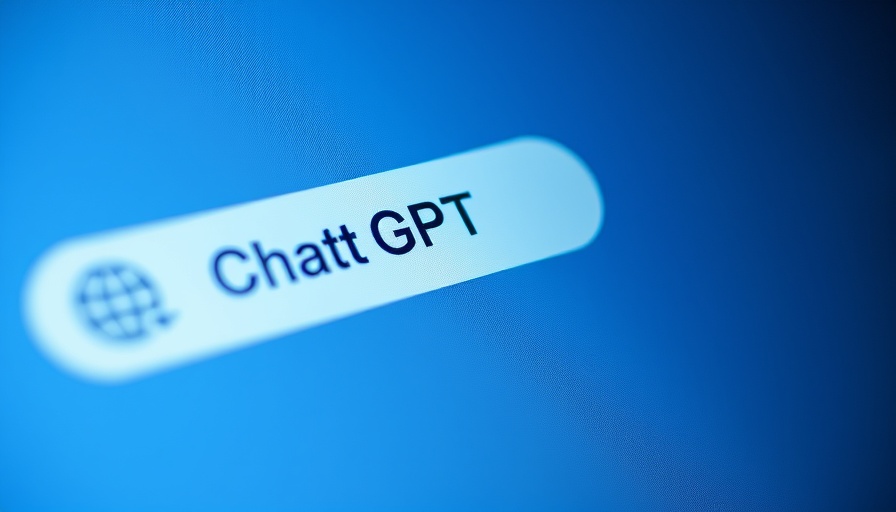
Understanding the EU's AI Rules and Their Impact on Tech
The European Union (E.U.) is making headlines with its stringent regulations regarding artificial intelligence (AI), which have prompted tech giants like Google, Meta, and Apple to delay their product launches in the region. While some see these delays as a hindrance to innovation, advocates stress the importance of prioritizing safety and privacy for consumers. In a world where technology moves at lightning speed, how does the E.U. plan to balance innovation with the protection of its citizens?
The Push for Safer AI Products
The recent legislative shifts in the European Union have had significant repercussions for tech companies. For instance, Meta's new Llama 4 series of AI models has been launched globally, except for Europe. Google’s AI tools have also seen limited availability in the E.U., with launches that lag behind their U.S. counterparts. As Sébastien Pant from the European consumer organization BEUC succinctly puts it, "If certain companies cannot guarantee that their AI products respect the law, then consumers are not missing out; these are products that are simply not safe to be released on the E.U. market yet.” This unflinching stance highlights a crucial point: Safety must take precedence over market speed.
Regulatory Compliance Shaping Industry Standards
As tech companies navigate the complexities of complying with E.U. regulations, the focus is shifting toward the development of privacy-conscious tools. For example, major platforms like X have been compelled to cease the processing of personal data from E.U. users, reinforcing the importance of adhering to data protection standards. Compliance not only satisfies regulatory requirements but enhances consumer trust, thus allowing tech companies to build lasting customer relationships.
The Role of Civil Society in Safeguarding Data Rights
In the face of rapid technological advancements, civil society plays a vital role in advocating for user data protection. Organizations like noyb emphasize that data protection is a fundamental human right, reminding consumers about their rights when it comes to AI tools. Kleanthi Sardeli, a data protection lawyer, has pointed out that users are often unaware their public posts may be exploited by tech companies for AI training. This lack of transparency needs to change if technology is to be trusted.
How EU AI Laws Influence the Global Market
The E.U.'s rigorous regulations create a ripple effect that could redefine AI standards worldwide. As companies are forced to comply with these laws, those that fail to do so may find themselves losing access to lucrative European markets. This situation drives innovation but also poses challenges for entrepreneurs and tech developers outside the E.U., who must now consider compliance in their product development strategies.
Future Predictions: The Evolving Landscape of AI Regulations
Looking ahead, the ongoing evolution of AI regulations suggests a landscape where user safety and privacy will remain paramount. As regulatory bodies continue to adapt to the fast-paced nature of AI, businesses will need to stay ahead of the curve by proactively aligning their practices with emerging norms. This scenario presents an opportunity for small businesses to leverage AI while being compliant and ethical.
AI Insights for Entrepreneurs: Navigating a Regulatory Framework
For entrepreneurs eager to harness the power of AI, staying informed about the latest regulations is crucial. Understanding compliance can help small businesses develop AI tools that meet legal requirements while also providing quality service to customers. Adopting a proactive approach can help create tools that not only align with E.U. laws but also enhance the overall customer experience.
In this climate of regulatory change, it is essential for businesses to remain informed about the latest AI news and updates that could shape market dynamics. Make sure to stay updated with the evolving trends in the AI landscape to ensure your AI strategies align with compliance and innovation.
 Add Row
Add Row  Add
Add 




 Add Row
Add Row  Add
Add 

Write A Comment